The United States has been well-served by its merchant marine for centuries, and must maintain a strong American-flag fleet with U.S. crews to preserve national and economic security.
Those were among the key messages delivered May 22 at the annual National Maritime Day ceremony hosted at U.S. Department of Transportation (DOT) Headquarters in Washington, D.C.
The SIU had a strong presence at the event, both in person and on screen. Six SIU members – Recertified Bosun Robert Natividad, Electrician Michael McGlone, QMED Isaac Nugen, Storekeeper Christina Price, QMED/Electrician Ashely Burke and Electrician Yahya Mohamed – were featured in an SIU-produced video shown during the ceremony. Attending the gathering were SIU Executive Vice President Augie Tellez, Secretary-Treasurer Tom Orzechowski, Assistant Vice President Pat Vandegrift, Safety Director Jose Argueta, Trainee Commandant Craig Guy, and members of Paul Hall Center (PHC) Apprentice Class 894.
Two of those class members – Emily Castellano and Scott Haselbauer – played high-profile roles in the ceremony. Castellano was the wreath-bearer, while Haselbauer handled the traditional ringing of eight bells.
(story continues below)
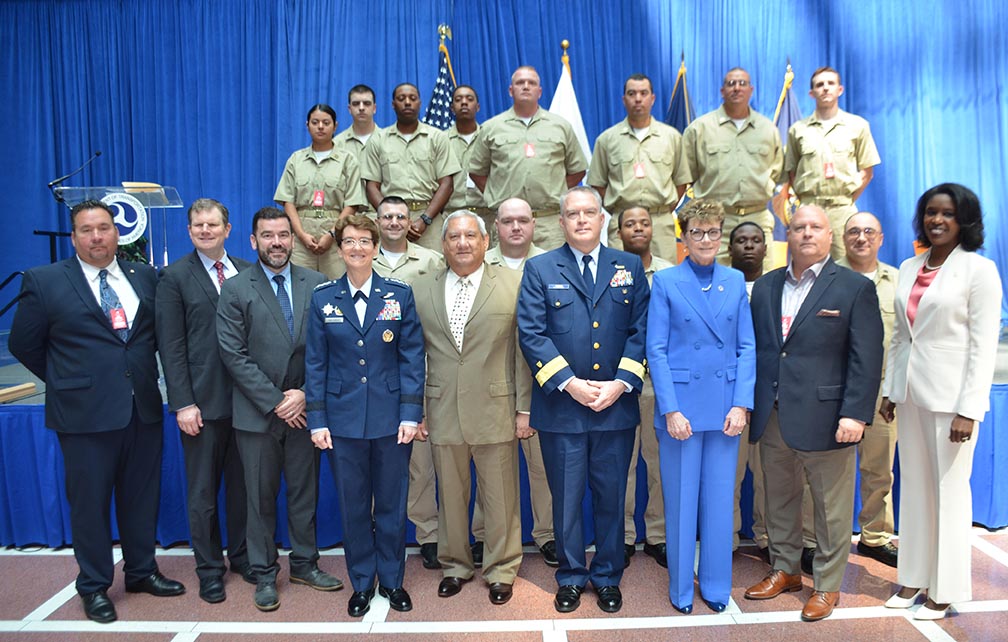
Featured speakers (in order of appearance) were Acting Deputy Maritime Administrator Tamekia Flack (emcee), Maritime Administrator Ann Phillips, DOT Under Secretary for Transportation Policy Carlos Monje, U.S. Coast Guard Rear Adm. Wayne Arguin, Federal Maritime Commission (FMC) Chairman Daniel B. Maffei, and U.S. Transportation Command (USTRANSCOM) Commanding Officer Gen. Jacqueline Van Ovost.
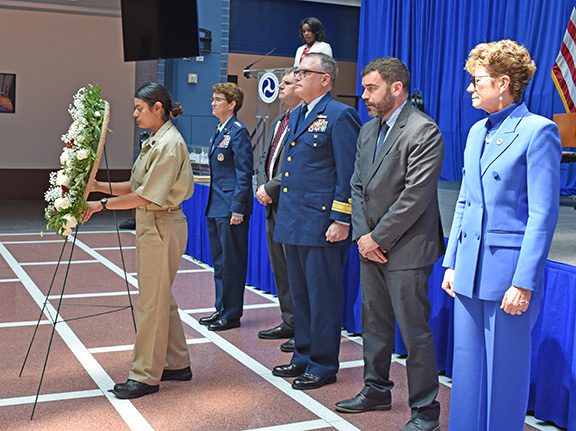
The theme of this year’s DOT ceremony was “Mariners Move the Nation: Yesterday, Today, Tomorrow.” Approximately 250 people attended the gathering.
Van Ovost discussed the maritime industry’s role in supporting “national defense objectives.” She said the industry is filled with “amazing people tirelessly serving in our shipyards, stevedores and port laborers, and the merchant mariners supporting the Jones Act and international trade. They are also keys to the success of our strategic sealift mission. They are part of our total force that we need with us all the way. Delivering on time is necessary to succeed.”
However, they won’t achieve success “without a healthy merchant marine force,” Van Ovost added. “Why? Because the mariner truly moves the nation…. They continue to represent the difference between victory and defeat.”
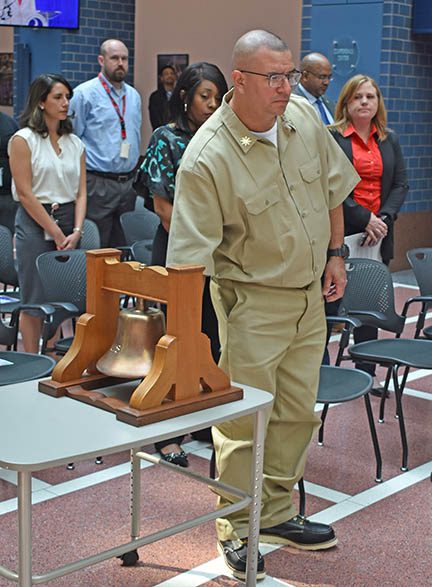
She cited the centuries-long history of reliable mariner service and pointed out how it continues today with sealift missions backing Ukraine. “At a moment’s notice, we stood in support of our allies and partners…. Nearly 70 percent of Ukraine’s total security cooperation material has been delivered by government-owned ships or commercial vessels – all of which were operated by our U.S. Merchant Mariners,” she noted.
Van Ovost concluded, “In the future, our nation will continue to rely on well-trained merchant mariners to meet the challenges of contested environments in the face of a persistent, capable adversary…. Mariners are patriots. They are people of deeds, not words. They will be there for us when we need them. When they are called, they will rise to the occasion.”
Phillips said that since her confirmation last year, she has taken part in more than 80 “events and engagements” with maritime industry stakeholders. “I thank you for our thoughtful discussions and look forward to continuing to work together to support and advance this critical sector of our economy and our national defense,” she stated. “Our nation relies on us in ways that few understand for the success of our economy.”
She noted the wartime service of mariners and added that MARAD is “working every day to foster, promote and develop the maritime industry in the United States to meet the nation’s economic and national security needs…. We are in the midst of long-overdue and critically needed recapitalization of the Ready Reserve Force (RRF), and are implementing a major expansion of commercial sealift by bringing the Tanker Security Program online.”
Monje thanked past and present mariners and noted their vital roles in the U.S. national and economic security. He described DOT’s maritime-related work as “critical priorities for this department and this administration. We are working to strengthen the maritime industry and invest in our future…. This administration is working to grow our fleet and add essential new capabilities.”
He added, “We are now in the process of implementing the new Tanker Security Program to address the risks of reliance on foreign-flag tankers…. This administration is unwavering in its support of the Jones Act, which is a cornerstone of our nation’s domestic maritime industry and its economic engine.”
Arguin said, “I’m honored to be here today to celebrate the critical role maritime plays in our nation’s ability to lead around the globe. National security and economic prosperity are inextricably linked.”
He pointed out that waterborne trade “reduces congestion on our roads and remains the most efficient way” to transport goods, and commended the work of mariners during the pandemic.
He asked the PHC apprentices to stand and thanked them for choosing the maritime industry. He also encouraged them to recruit others.
Maffei echoed thanks for mariners’ work during the pandemic: “We must not forget any of these sacrifices.”
He applauded the heroism of World War II mariners, who were “so absolutely vital to winning that conflict and who suffered higher casualty rates than any other service.”
Maffei concluded, “Serving on U.S.-flag ships is more important than ever.”
Flack said, “The United States has always been and will always be a great maritime nation…. We thank all Americans who have sailed the seas to defend our freedoms, and we remember especially those who paid the ultimate price in service to our nation.”
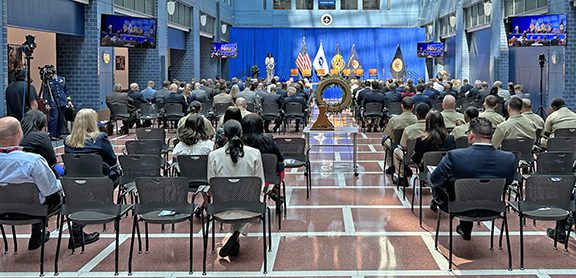
###


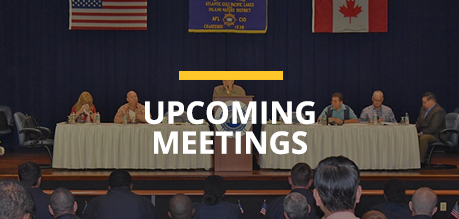

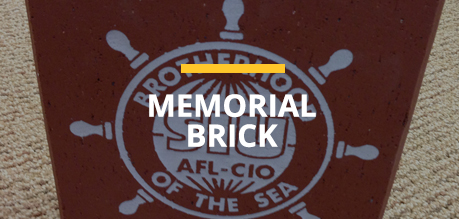
Comments are closed.